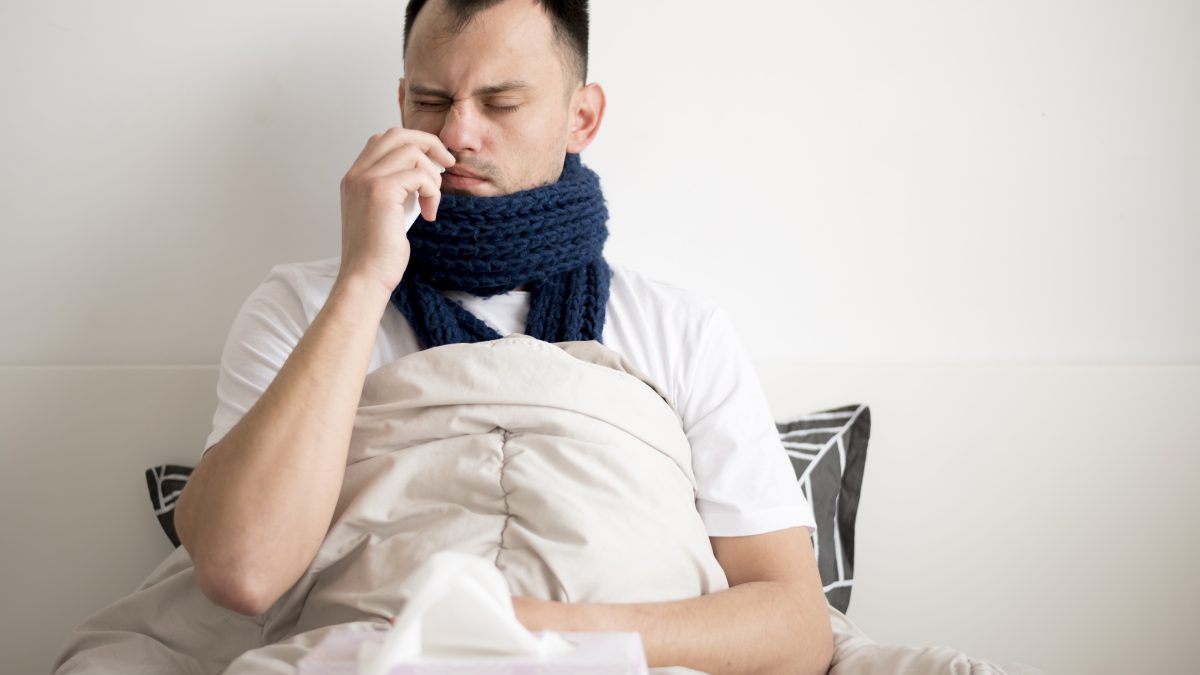Understanding the Early Signs of STDs
You may wonder how quickly STD signs can show up. Often, they do so within days or weeks after exposure. Early symptoms might be subtle, like a rash or mild fever, but recognizing them fast leads to prompt testing and care.
Spotting these early cues is key in handling your health well before things get worse. Stay ahead by learning what signals to watch for and when it’s time to seek help from experts who safeguard your privacy every step of the way. Your proactive steps today keep you healthier tomorrow.
Recognizing Initial STD Symptoms
When you notice a rash, itchiness, or unusual discharge below the belt – take heed. These signs might whisper of an STD knocking at your door. Pain during times that should feel good can signal trouble too.
It’s smart to connect dots between new discomforts and recent encounters. Early symptoms often show up within days but sometimes hide for weeks before saying “hello.”
Don’t wait if these hints arise. Quick action can dodge worse talks later on about health woes no one wants.
Common Early Physical Indicators
Look for swollen glands, mainly in your groin. This sign often means an STD is at work inside you. Symptoms might show up days after you hook up with someone.
Or they could take years to emerge, depending on the germ causing it. You won’t know right away when you catch one; some people look and feel fine but still pass on these germs. That’s partly why infections can slide by unnoticed until sudden problems or a mate gets sick.
So what do you do? Before getting close with a new partner, both of you should get tested first, it’s key! Remember: Gonorrhea, syphilis, chlamydia, these come from bacteria; trichomoniasis has a parasite behind it; HPV and herpes are virus-linked too and HIV which leads to AIDS as well.
STDs with Delayed Onset Signs
Some STDs show up late after you get them. Data says many miss early tests or treatment for syphilis, especially when moms carry babies. Pregnant women need the right test at the first doctor visit to stop babies from getting sick.
If found late in pregnancy, it’s hard to fix; this leads to bad baby health issues like not seeing or hearing well later on. Health pros suggest screening again before having a baby if risks are high where you live or due to new partners during that time. This can keep away serious harm and is key now with more syphilis cases showing up lately among newborns.
Importance of Early STD Detection
Catching STD signs early can save your health. Quick action means you get help fast, keeping sickness at bay and stopping the spread to others. When found early, many STDs are easier to treat; some just need simple meds.
Noticing changes in how you feel or look down there’s key like pain, sores, or odd smells should make you see a doctor quick. Be smart about sex talks with partners. Clear chats cut risks for both of you.
Identifying Asymptomatic STD Cases
You should know that finding stealthy STD cases is tricky. Lots of times, they don’t yell out with clear signs you can spot right away. HIV and syphilis tests work well because these illnesses often stay quiet but brew trouble deep down.
They need spotting early on to stop them from spreading or getting worse. However, for other infections like gonorrhea and chlamydia, it’s not so simple; there isn’t strong proof that checking everyone all the time works best at keeping these bugs in check or stopping the bad stuff they can cause. Plus – listen up – this kind of frequent testing could do more harm than good!
It leads to gobbling up way too many antibiotics which may kickstart resistance strains among us, think superbugs we can’t fight off easily anymore. Starting a medicine storm inside your body can disrupt the peaceful microbes. Less defense against sickness means higher chances for new diseases to latch on.
What’s also real is how tough an unexpected positive test hit someone mentally when maybe false alarms are common thanks to imperfect tests especially where fewer individuals carry those germs around. So here’s what smart people suggest: zeroing in only on HIV plus syphilis if showing no illness hints seems wise, it spares unnecessary troubles while tackling two biggies effectively.
Seeking Timely Medical Consultation
If you think something’s off, don’t wait. Certain spots on your body can harbor an STI; getting a lab test will show if there’s trouble. Real talk: it matters who you’ve been with and how often, those at high risk need to screen more.
Doctors use blood or pee for these tests, so it isn’t scary. If they find something, treating both you and your partners stops the bad stuff from bouncing back or spreading around. Listen up – health clinics vary in quality.
This makes fighting STIs tougher due to limited funding, privacy concerns, and inadequate services. Education helps big time though! Knowing what signs to look out for means people get help sooner rather than later—that counts for heaps in keeping everyone safer.
Preventing Early Spread and Complications
To cut the chances of spreading STDs early on, using condoms right matters. They don’t block all risks every time but do a great job when used as they should be. Got troubles with drugs or booze?
Those not sober might skip safe steps during sex, upping their risk big time. Remember to stay clear-headed: it keeps you and your partners safer from harm’s way by ensuring responsible choices in moments that count. Keep each encounter wrapped up; these precautions are key tools for keeping infection at bay before any sign shows its face.
Knowing early signs of STDs can protect your health. Get tested if you spot unusual symptoms; it’s smart, easy, and keeps you on top of things. Sores or discomfort could signal an issue that needs attention quickly.
Check out STDCheck for confidential testing options which save worries and time. Stay alert to changes in your body – prompt action often leads to better outcomes.
Medically Reviewed by Julie Hutchinson, MD on April 26, 2024
Secure and Confidential
STD testing services
The fastest results possbile - available in 1 to 2 days

Tagged
Categorized As
Author: STD Check Editorial Team
At STDCheck.com, we go to great lengths to ensure quality content. We’re using our own collection of data. It is not bought or made up for “click-bait” purposes. We don’t entice traffic with cheesy graphics or raunchy headlines. Our information is to promote STD testing, educate people, let go of social stigmas, and bring awareness. We also provide a completely confidential atmosphere through private testing. When we produce an article, it is fact-based. We check it with medical advisors that approve it. Our staff consists of doctors and other medical professionals who peer review the content we make available on STDCheck.com. From all over the world, we have sourced the best and the brightest content developers, including medical professionals, marketing engineers, data scientists, content specialists, and media relations.




